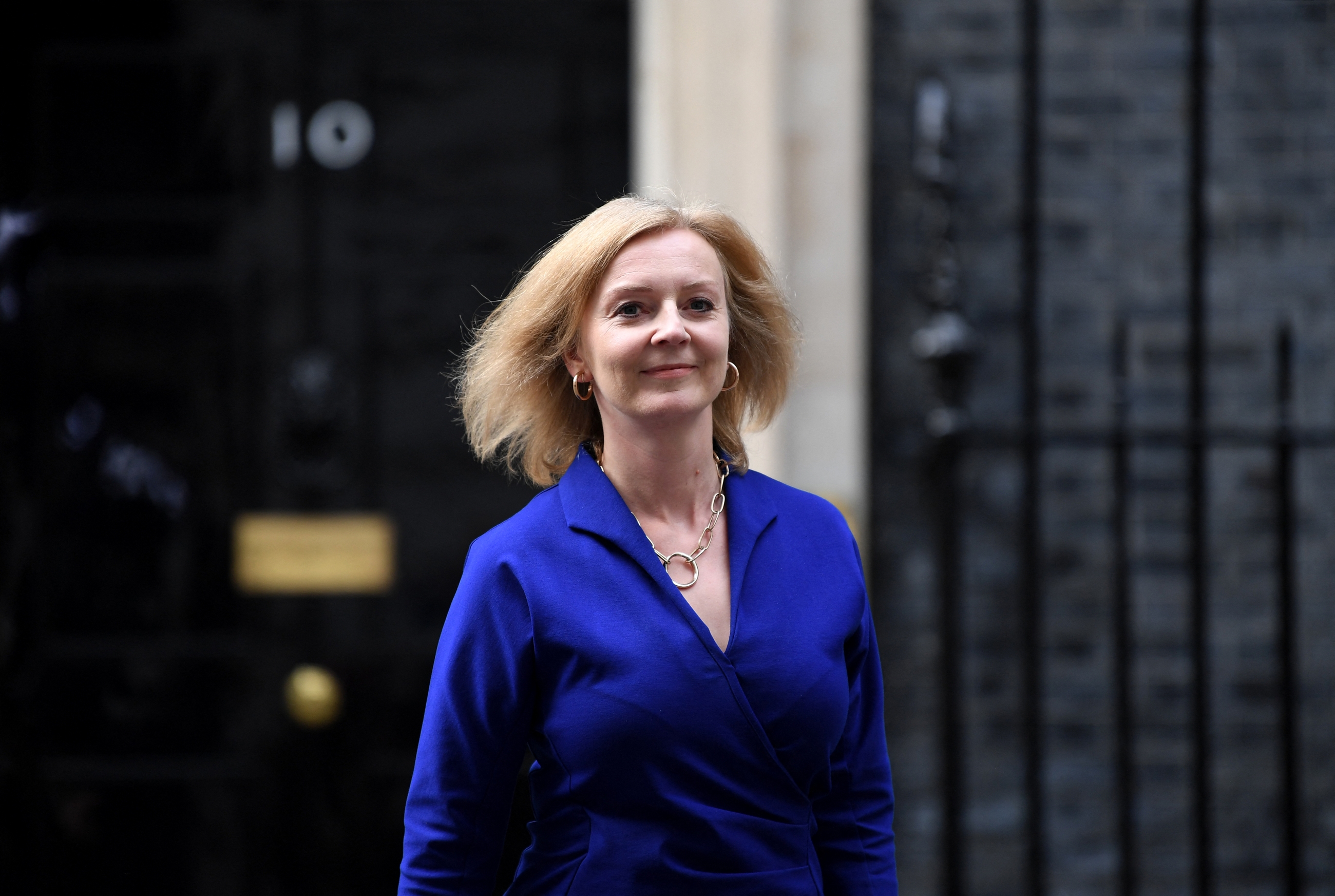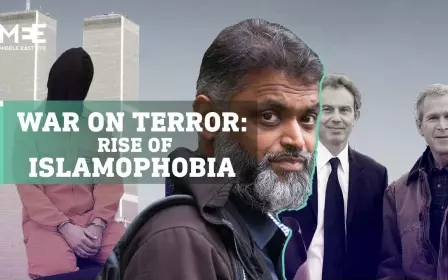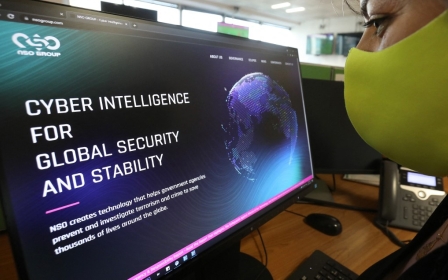UK: New foreign secretary Liz Truss pushed for arms sales to Saudi Arabia

British Prime Minister Boris Johnson shuffled his top team on Wednesday, demoting prominent politicians from key roles, including that of foreign secretary.
Dominic Raab, who has faced severe criticism for his handling of the UK's withdrawal from Afghanistan, has been replaced as foreign minister by erstwhile international trade secretary Liz Truss, who becomes only the second woman to hold the post.
Truss - a staunch admirer of Margaret Thatcher and popular figure on the right wing of the ruling Conservative Party - already has a reputation in foreign policy circles from her time as trade minister.
To date, much of her work with regards to the Middle East has focused on strengthening the UK's relationship with its traditional allies in Israel and the Gulf.
Truss was behind a decision in July 2020 to resume UK sales to the Saudi-led coalition in Yemen, a year after all new British arms sales to Saudi Arabia, the United Arab Emirates, Egypt, Bahrain and Kuwait were suspended after a lengthy legal battle.
At the time she told MPs that there were no patterns or trends of violations of international law by Saudi forces in Yemen, and any breaches were “isolated incidents”.
This is despite admitting less than a year earlier that the UK government had already broken the ban on arms sales to Saudi Arabia three times.
Saudi Arabia has led a coalition of countries into a devastating war in Yemen, now home to the world's worst humanitarian crisis. The conflict has so far displaced at least four million people and killed more than 233,000.
The UN, which says Yemen is stuck in an "indefinite state of war", published a report last week that noted that states including the UK, France and the US were continuing "their support of parties to the conflict, including through arms transfers," adding, "arms sales are fuel that perpetuates the conflict".
Amnesty International described Truss's decision to restart arms sales to the Saudis as "deeply cynical" and said her statement on the subject was "alarming".
“Like others involved with this case, we will be carefully considering this alarming statement from the international trade secretary and considering next steps," said the organisation's director Kate Allen, in a statement.
"Meanwhile we’re calling for a much-needed, root-and-branch overhaul of the UK’s failing arms control system.”
Trade deals announced
In May 2021, Truss again touted the Gulf states as crucial to UK attempts to forge new agreements in the wake of the country's decision to leave the European Union.
Truss told the Telegraph newspaper that she was looking at deals with the six members of the Gulf Cooperation Council.
Alongside this raft of new deals, she said she was negotiating an agreement with Abu Dhabi-based sovereign wealth fund Mubadala, which promised to invest "billions" in the UK.
In July 2021, Truss announced the signing of a new trade deal with Israel during a trip to the country.
“It was fantastic to meet the Minister of Economy and Industry Orna Barbivai. As two democratic free trading nations, both with thriving technology industries, I’m looking forward to deepening the historic ties between the UK and Israel," she said, following a meeting with Barbivai and Israeli ambassador Tzipi Hotovely.
“Together we will work to remove barriers to trade between our countries and work towards an advanced free trade agreement that supports jobs and drives growth.”
Based on her reputation so far, there is little that suggests Truss will shift the UK government away from its tried and tested relationships.
However, human rights organisations are unlikely to be reassured following several years of sharp criticism over her approach to the war in Yemen and her attitude towards her country's arms sales customers.
Middle East Eye propose une couverture et une analyse indépendantes et incomparables du Moyen-Orient, de l’Afrique du Nord et d’autres régions du monde. Pour en savoir plus sur la reprise de ce contenu et les frais qui s’appliquent, veuillez remplir ce formulaire [en anglais]. Pour en savoir plus sur MEE, cliquez ici [en anglais].






